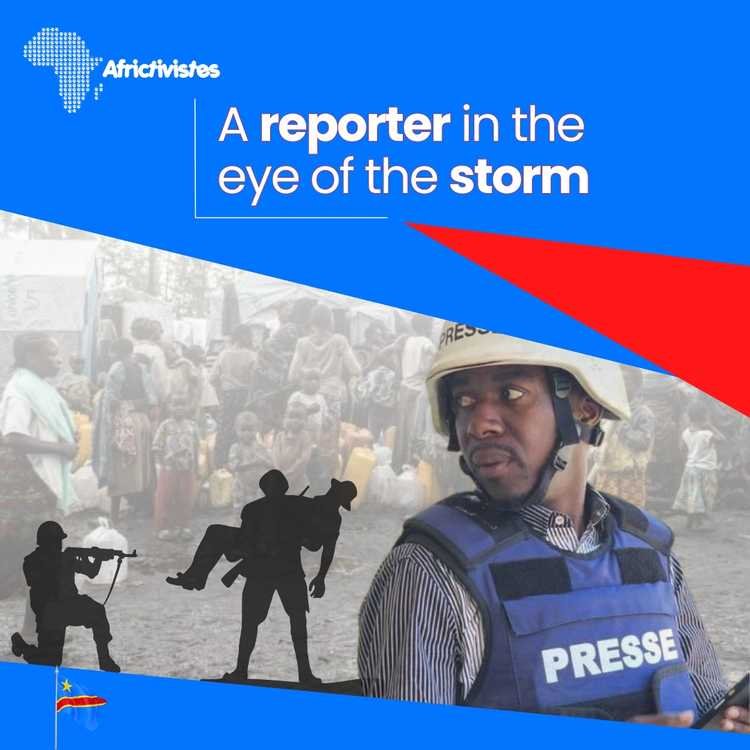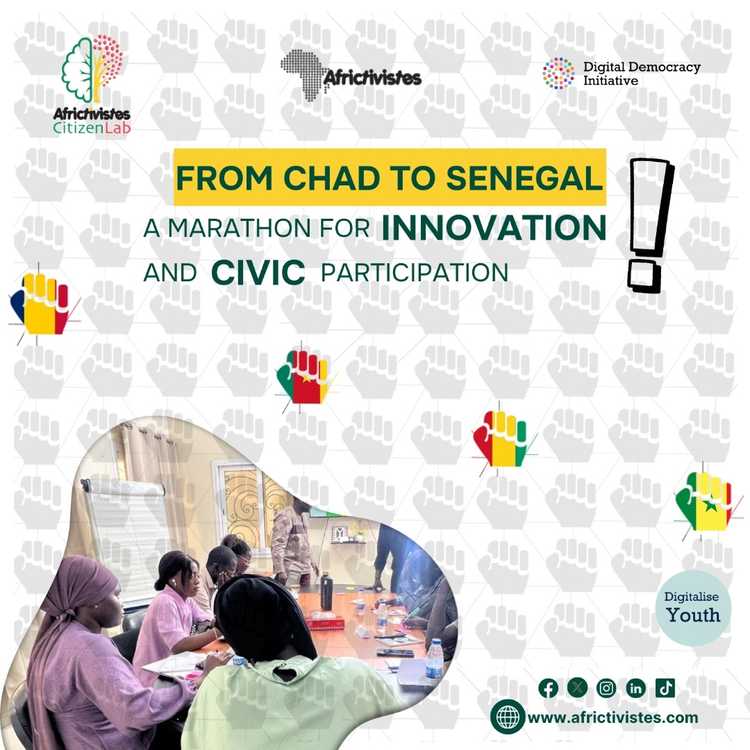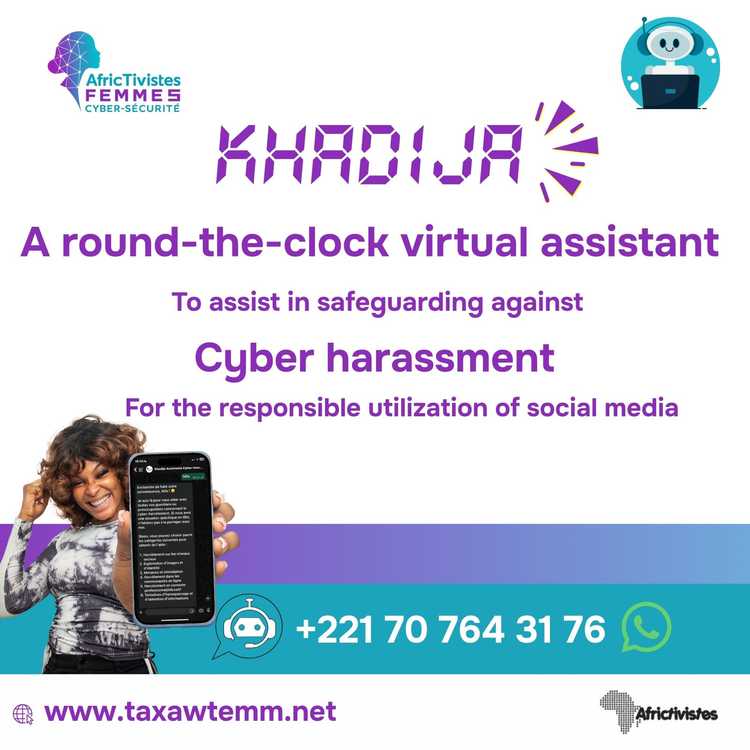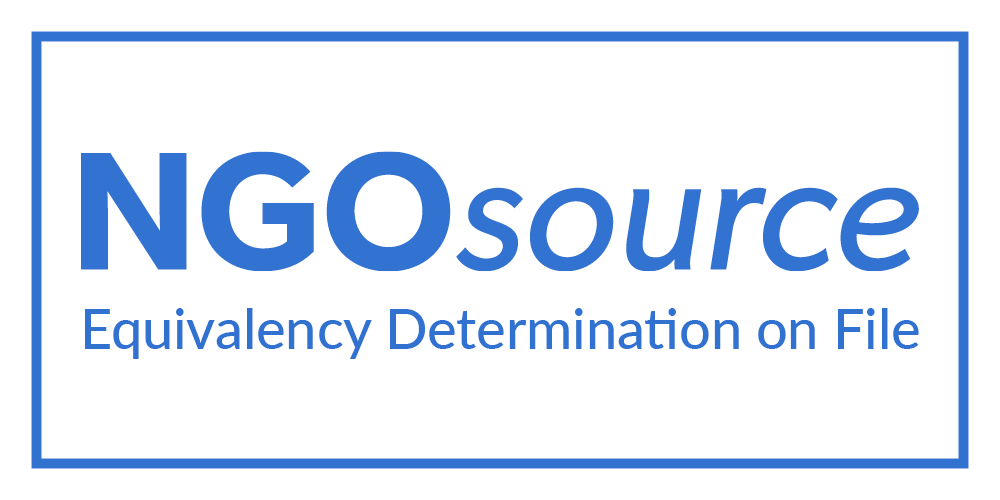Innocent Buchu, a reporter in the eye of the storm in eastern Congo
The resumption of fighting in Goma, Democratic Republic of Congo since 27 January has resulted in 2,900 deaths and over 2,000 injuries, according to the latest figures from the United Nations (UN). Many injured individuals require urgent care, medical infrastructures are overwhelmed, and thousands of civilians are still deprived of vital assistance.
In the midst of this chaos, many voices recount the humanitarian urgency. Innocent Buchu, a journalist, blogger and correspondent of several media is one of them. The journalistic productions of this native and passionate Gomatracien often highlight the role of civil society and the work of human rights defenders, not to mention his tendency to document the resilience of the populations in eastern DRC. This member of the Goma Bloggers Association (Blogoma) and AfricTivistes, paints a picture of the situation in this city, located on the northern shore of Lake Kivu.
AfricTivistes: What is the current humanitarian situation in Goma and the surrounding towns since the unilateral ceasefire (3 February) declared in eastern DRC by the M23 for humanitarian reasons ?
The city is calm, but perhaps “cold” is the appropriate word. Even the busiest streets in the city are too timid. There are no gunshots throughout the day as there were all week. However, the populations are traumatised, with over 3,000 deaths in the city, a figure that is still provisional according to the UN. People have no means to procure basic commodities. Children are still at home; schools are not functioning. Several families are still in shock. Hospitals are full, with over 2,800 gunshot wounds, many of which are severe, according to MSF. There are also reports of missing persons, including former civil society members and some officials. There is no access to the city for those in other towns in the province and the country. The Goma airport, closed since the looting of the control tower, has made this area more isolated, with only one land route open to Rwanda.
Currently, clashes are reported around Nyabibwe in the South Kivu province, leading to a violation of the ceasefire declared by the M23 rebellion. It should be noted that the DRC government has appointed a military governor, and the M23 has also appointed a governor and two deputy governors. The populations are confused and caught between two fires, unsure of whom to trust.
Economic activity is sluggish after the looting that the city has endured. The few traders who still have their businesses are trying to restart, albeit with difficulty. There is a timid resumption of activities, but it is evident that the population has no money. Roads have been opened to allow the transport of goods to Goma, but unfortunately, people are yet to recover from this abrupt halt in economic activity, which has only increased poverty with many losses. In short, the people of Goma are still traumatised.
Innocent Buchu: How are humanitarian missions and local grassroots organisations doing their work despite logistical and security constraints ?
In the city, several offices are closed, and many displacement camps have been demolished. Humanitarian missions have been relocated to other cities, such as the capital Kinshasa or to neighbouring countries like Uganda and Burundi. Humanitarians cannot work under such conditions where their safety is threatened daily. Furthermore, some organisations have left employees on-site to ensure minimum service, such as the International Committee of the Red Cross (ICRC), which, between 28 and 29 January 2025, saw its medical warehouse in Goma completely looted. Those responsible for such acts deprive the sick and injured of urgent medications. The M23 rebellion has asked the displaced to return to their villages. Some have been forced to return without hope, as Goma, which was their refuge, is no longer safe from a resurgence of battles between the M23 and the Congolese Armed Forces (FARDC).
How does Blogoma operate in this context of humanitarian and security crisis? What are the main difficulties encountered and the actions taken to address them ?
The context is complex for several activists, and even more so for web activists like the members of Blogoma. A large part of Blogoma’s work takes place online. Before the internet shutdown, we shared several tips to combat fake news during this crucial time when information can truly save lives. Blogoma shared tips for detecting fake news in various WhatsApp groups. This social network allows us to reach a wider audience, although we do not neglect other platforms. Even though journalists, bloggers, and web activists have already participated in our training sessions, we found it necessary to remind them to strengthen their digital security. It is also worth noting that out of fear, many information and digital actors self-censor before even being censored.
How do you assess the current media coverage of the conflict in eastern DRC? What are its strengths and weaknesses ?
Six million deaths (since 1998) and hundreds of thousands of displaced persons since the start of the conflict, yet international media speak little about it, and this conflict remains largely unknown. This situation shows that millions of deaths in Congo mean nothing compared to one death in another country. It seems that lives do not hold equal value and are not regarded with the same importance.
I believe that it is not just the media that are silent. Many leaders on the continent have also not spoken out to show their solidarity with the Congolese. Their voices would not leave the media indifferent. Regarding international media, I think they are elsewhere; all the cameras are in Ukraine. The media coverage of the crisis in DRC and the Russia-Ukraine war is a symbol of a real fracture in the world.
The little coverage that does exist is biased and depoliticizes the conflict. Another pitfall is misinformation; since the resumption of fighting, there has been an increase in false information, which heightens uncertainty and fear. For example, the term “patriotic journalist” has emerged in the media space. Both the Congolese and Rwandan (Editor’s note: Rwanda is accused of actively supporting the M23 rebels) governments have played on this terrain. The social network X, rife with fake accounts, is a battleground in this information war. In this context, the third and most important voice, that of the ordinary citizen, does not exist.
Under what conditions do journalists and activists operate in Goma? What are the main obstacles they face ?
Reporting from a battlefield is not easy. Many local journalists are still holed up in their homes, while others have sought refuge abroad, waiting for life to return to normal. Nevertheless, they continue to report from their host countries.
Even if colleagues try their best to report accurately and truthfully, they tread carefully or self-censor. For safety reasons, they meticulously choose their subjects to avoid facing reprisals in a context where those in power are solely military. Given all these parameters, the public’s expectations regarding information are not being met.
As for other civil society actors such as militants and activists, they have been censored since the resumption of hostilities. Through messages broadcast in the streets of Goma, the M23, which is leading the city, has prohibited meetings apart from family and community celebrations such as weddings and baptisms…
What can be done to facilitate access to humanitarian aid and protect civilians?
We first call for peace. If there is peace, the rest can be managed more easily by the communities in eastern DRC, who have already demonstrated their resilience. Internet access is now a vital need; a full restoration of the network is required for effective communication between humanitarians and other societal actors. The lake and airspace are not accessible, which further complicates the delivery of aid. The area is isolated, with no secure humanitarian corridor. Ultimately, we must demand that both sides respect the Geneva Conventions to protect vulnerable individuals and civilian infrastructures. We have witnessed bombings of hospitals in Goma, which is unacceptable.


![[Guinea-Bissau]: Joint Statement from Human Rights Defenders Against the Confiscation of Popular Will !](/static/8552596543d1c00bc73e662f85c0a62f/fce2a/Capture-decran-2025-12-01-a-16.34.43.png)
![[Guinée-Bissau] Joint Declaration – Afrikajom Center and AfricTivistes both firmly condemn the military takeover and warn of the risk of a political crisis !](/static/4d5ad12346b3ef8c55278621c445488b/9e635/Putsch-Guinee-2.jpg)

![[Tanzanie] 🇹🇿 AfricTivistes strongly condemns violent suppression in Tanzania](/static/adf91a1c13cd101f988b6b6971928880/9e635/TZN.jpg)
![[Cameroon] AfricTivistes condemns violent repression, urges govt to uphold rights !](/static/6399a9d8e94e3ae1f681f86178520d96/9e635/WhatsApp-Image-2025-10-27-at-15.32.48.jpg)



![[Madagascar] Generation Z, the driving force of civic awakening!](/static/9072e289fdab44c062096dcfb9499441/9e635/4-2.jpg)










